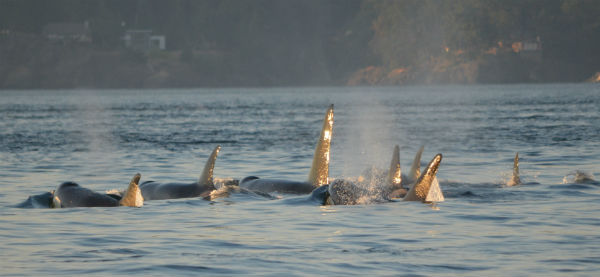Friends,
We have some interesting and important legislation that has been proposed so far this session. On top of addressing challenges facing our traffic infrastructure, higher education, and Prek-12 education systems, here are a few other issues we are tackling this session.
Should Washington #DitchTheSwitch?
If you’re not a fan of changing your clocks twice a year to “spring ahead” or “fall back,” then you might be interested in a bill that recently had a public hearing in the House. House Bill 1196 would put Washington state on year-round Daylight Savings Time, and it’s getting a lot of attention. There are actually legitimate health concerns about what changing our clocks does to our bodies’ natural rhythms. In fact, a health impact review by the state Department of Health found there’s a spike in heart attacks, strokes, and even car accidents each year when we “spring forward.” Since we’re already on Daylight Savings Time eight months of the year, it isn’t much of a stretch to keep it for all 12 months. A similar bill was introduced in the Senate, but what makes the House bill different is that it gives the voters a chance to weigh in on the idea at the ballot box. The federal government has the final say because they have to give Washington permission to make the switch to permanent Daylight Savings Time. But a vote of the people in favor would send a strong message to Washington’s congressional delegation to push for this in the other Washington. What do YOU think? Should our state #DitchTheSwitch?
If you haven’t filled out my constituent feedback form, please take time to fill it out. There is a question about year-round daylight savings time. If you have answered the survey but haven’t answered this question, I’d still love to hear from you!

We have 74 Orcas left. That’s it. Only 74.
The Southern Resident Orcas are on the verge of extinction. If we don’t do something to protect them now, these amazing animals—which are our state’s official marine mammal and are significantly important to our region’s culture and economy–will be gone forever.
According to the recommendations by the Southern Resident Orca Task Force, three main culprits are causing the dramatic decline of our orca population: not enough food, and waters that are too polluted and too loud.
Fortunately, House Democrats are taking bold actions to save our whales with several bills sponsored by my colleagues, Reps. Joe Fitzgibbon, Debra Lekanoff, and Beth Doglio:
HB 1579 would increase habitat for Chinook salmon and other forage fish. By protecting their habitat, we’ll have more salmon, which is the orcas’ main food source.
HB 1578 would reduce threats to Southern Resident orcas by improving the safety of oil transportation.
HB 1194 would identify and reduce the largest sources of toxic chemicals, including phthalates, PFAS, toxic flame retardants, phenolic compounds, and PCBs that are polluting our homes and our waters.
None of us wants to see another dead calf carried by her mother in the Salish Sea. Please join me in working to make a difference now so that our kids and their kids get to see the Southern Resident Orcas thriving in Washington waters once again.

As always, I look forward to hearing from you.
Sincerely,

Rep. Dave Paul
